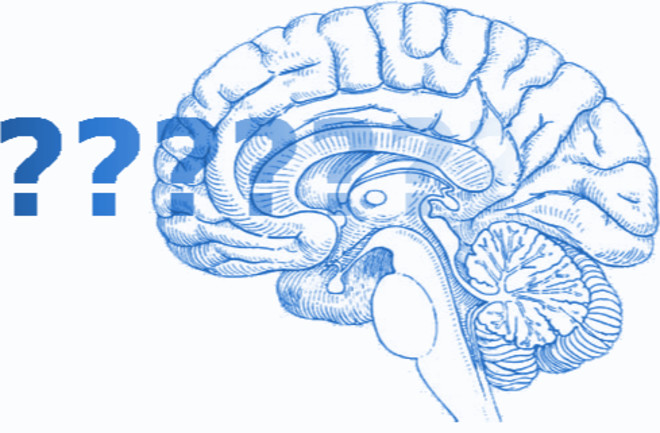Everyone dreams — even people who believe that they “never dream” and can’t remember any of their dreams. That’s according to a group of French researchers writing in the Journal of Sleep Research: Evidence that non-dreamers do dream.
In questionnaire surveys, up to 6.5% of people report that they ‘never dream’. Although most of these people report having dreamed at some point in the past, roughly 1 in every 250 people say that they can’t remember ever dreaming — not even once.


